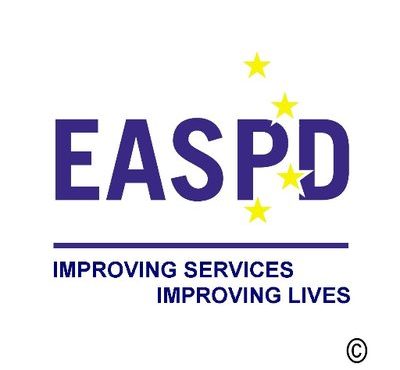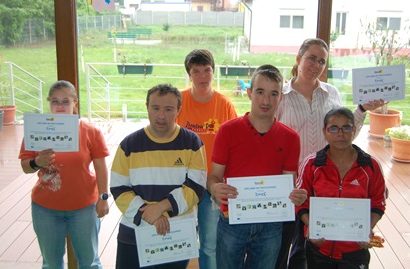Home
The European Association of Service Providers for Persons with Disabilities (EASPD) adopted a roadmap to guide service-providers in the implementation of policies which will favour transition from institutional to community-based care. In the document entitled ‘Making community-based services a reality - Roadmap on deinstitutionalisation’, the EASPD acknowledges the need for support services to move away from medical model of disability to the rights-based model.
In December 2013, the European Commission initiated a public consultation on patient safety and quality of care. Civil society organisations can contribute to the survey with their opinion on the quality of health services provided in the member states. The consultation also inquires whether the services improved after the adoption of the 2009 Council Recommendation on patient safety.
On 17 December 2013, the European Parliament adopted the 'Justice Programme' and the 'Rights, Equality and Citizenship Programme' to be the major source of financial support in the field of justice, equality and fundamental rights.
On 7 January, the European Commission adopted the European Code of Conduct on the Partnership Principle. The document strengthens the involvement of civil society and other relevant stakeholders in planning and spending of EU structural and investments funds.
Unapei and its member organisations call on municipalities to improve the participation of people with intellectual disabilities in public life in France. Unapei demands the local government to empower persons with intellectual disabilities to become actors in political life and to make local services and places accessible for everyone.
The Cooperativa Altavoz together with FEAPS and Barclays Foundation launched an initiative on accessibility of bank services in Spain. A group of persons with intellectual disabilities visited a bank office in Madrid to scrutinise its accessibility and propose actions to improve the access of people with intellectual disabilities to its services.
The European Union (EU) is preparing to implement the next 7 years of the Structural and Investment Funding. The framework put in place for this new programming period represents a historic opportunity to protect the rights of Europe’s most excluded people – those living in institutional care.
Increasing competencies of civil society organisations to advocate and monitor the rights of people with psycho-social and intellectual disabilities in Balkan countries is the aim of the project PERSON (Partnership to Ensure Reforms of Supports in other Nations).
On 15 January, the European Parliament adopted the revised Public Procurement Directive which recognises the specificity of social, health and other services provided directly to individuals. The renewed legislation encourages member states to consider quality, not only price, when awarding contracts for social services.
Search
Archives
Categories
Latest Posts
January 29, 2024
December 19, 2023
December 18, 2023
November 28, 2023
Tags
Europe in Action 2010European SemesterreportEU Alliance for Investing in ChildrenAndrea WesterlundEASPDCanadaHarry RochePerspektivaInclusionEurope in Action 2009World CongressHappiness dayEurope in Action 2006Europe in Action 2005Europe in Action 2004Europe in Action 2003Europe in Action 2020Europe in Action 2007Katrin Langensiepen







